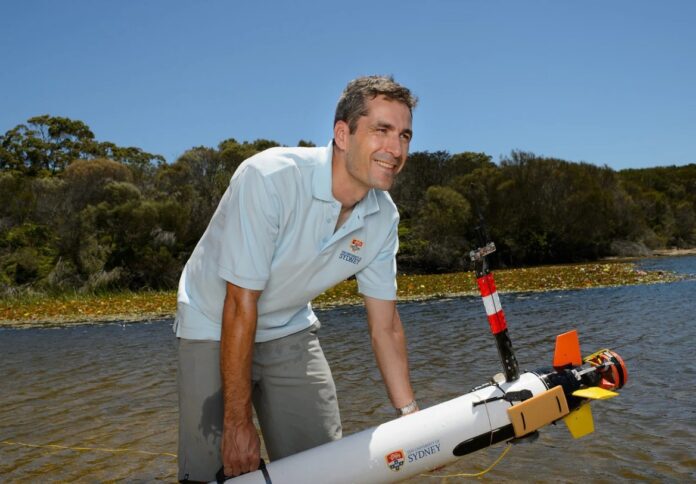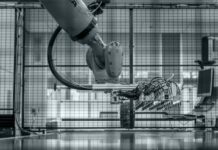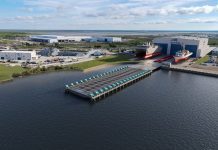
Six new grants totalling $3.7 million through the ARC Linkage program have been awarded to the University of Sydney to engage with business partners on research projects ranging from solar farms to Holocaust education.
These projects seek to combine the experience of academics, business partners, and community organisations in an effort to address pressing concerns and promote knowledge in their respective sectors.
Deputy Vice-Chancellor (Research) Professor Emma Johnston offered her congratulations to the recipients saying the university is excited to see the wide range of programs that have been awarded by ARC Linkage.
“The University of Sydney is dedicated to advancing knowledge and making a positive impact on society, and these projects show the innovative thinking and hard work our academics and industry partners are applying to help our world change for the better. I look forward to following their progress,” Prof Johnston said.
One of the recipients of the funding was Professor Stefan Williams from the Faculty of Engineering and the Australian Centre for Field Robotics.
His team will collaborate on a $419,886 project to enhance the functionality of underwater robots alongside Reach Robotics, Geo Oceans, and academic partners.
Professor Williams and his team are particularly focused on enhancing robotic intervention and inspection activities, which are crucial in offshore industries like oil and gas as well as in scientific research and defence.
“Our approach will improve perception and situational awareness through the fusion of multiple navigation and camera sensors,” Professor Williams said.
He added the funding will be used to improve the understanding to effectively plan the motion of vehicles and manipulators through larger and more complex workspaces, enabling semi-supervised and autonomous task execution.
“Our project will demonstrate these capabilities in real-world marine deployments relevant to industry and marine science,” the professor added.




















